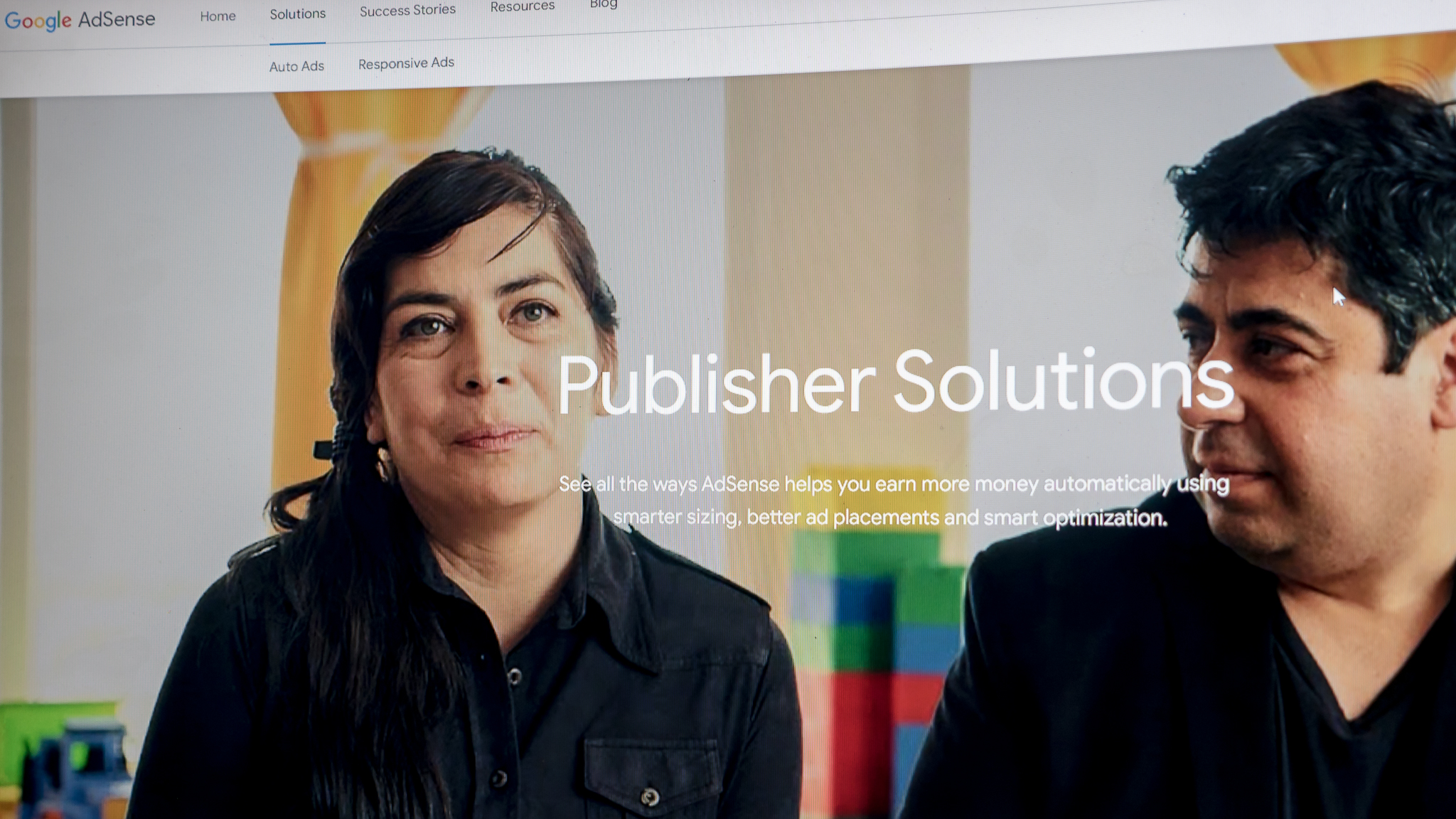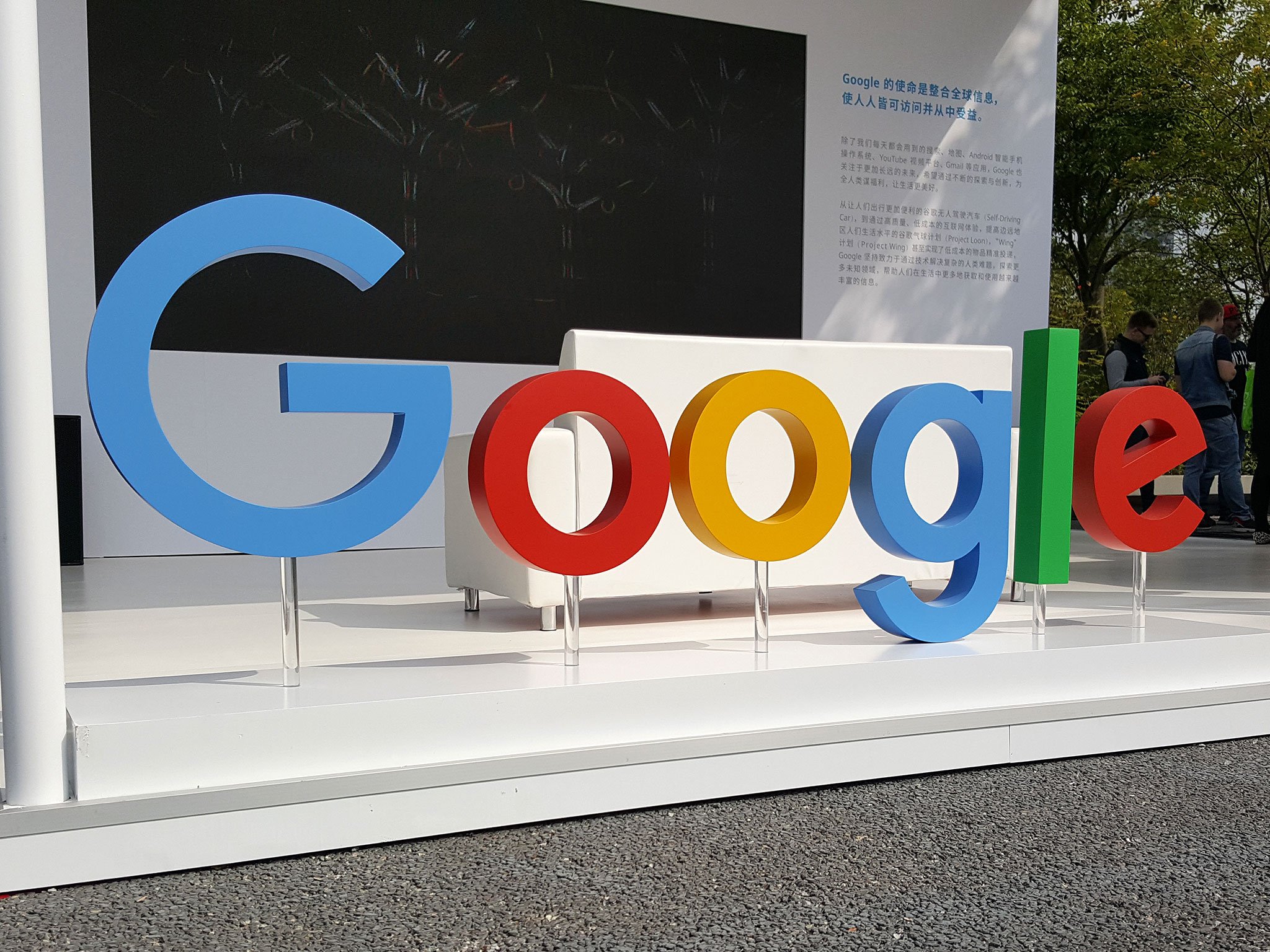Google and 'the government' will always be at odds with each other when it comes to ads and policy
A perpetual battle where nobody wins but we all lose.

A(nother) bi-partisan group of senators is going to soon introduce a bill that would force Google to sell off part of its advertising business, according to Bloomberg.
The proposed bill would "bar companies with more than $20 billion in digital advertising revenue from owning the tools to help buy and sell online ads and operating the exchange where those transactions occur" as well as "compel companies with more than $5 billion in digital advertising revenue to act in customers’ best interests and provide greater transparency on data collection."
Lawmakers vs. Big Tech is turning into a movie franchise with plenty of episodes.
This would have serious consequences for Facebook, Amazon, and of course the biggest target, Google. But only if it passes, can be enforced, and if it actually works.
This isn't the first time we've seen Congress and "Big Tech" butt heads and it isn't the first time digital advertising has been at least part of the focus. It also won't be the last because this matter is far more complicated than any single person can imagine.
And that is what makes it a problem. There are three possible outcomes to consider:
- The bill passes and works as intended; companies like Google sell off part of their business and change in ways that are best for the consumer.
- The bill fails and Big Tech keeps getting bigger and less regulated when it comes to advertising.
- The bill passes but nothing seems to change.
I think the third option is the most likely one because Google, as well as Facebook and Amazon, are able to outsmart lawmakers when it comes to the rules.
Google is crafty

Google did not invent the internet, though it seems like a lot of people think that way. Some people who helped the internet happen do and have worked at Google, but the success story is about doing the right thing at the right time. Some very smart people did that thing just when we had a need for it.
Get the latest news from Android Central, your trusted companion in the world of Android
Alphabet, Google's parent company, also hires very smart people in all of its various divisions. This includes the people who build things like the digital advertising platform, the people who create the policies it uses, and the lawyers who make sure it adheres to all government regulations while also making maximum profits for the mothership.
You have to be smart and creative to build and operate anything as large as Google.
These folks are also creative. You have to be creative to work on policy at a company like Google because of things like those pesky regulations, both inside the U.S. where Alphabet is located, and the rest of the world where Alphabet also wants to operate.
This is why it seems like no matter what happens when you see news about the government of any country fighting Google on some sort of policy, or even finding it guilty of violating regulations and being slapped with a big fine, nothing seems to change.
When the rules are either changed or properly enforced, Google finds a way to stay within the bounds of the law and still do the same thing it has always done.
Law makers aren't techies

The people who make our laws are also smart but in entirely different ways than the folks running companies like Google are, at least when you lump them all together and think of them as a group.
I know that's not entirely fair and some possess a bit of 21st technical knowledge but most are there because they are good lawmakers and not because of their technical expertise. They know how to use their iPhones and Galaxy phones, but have no real idea how any of it works. That's not anything new — 15 years ago none of them knew how their BlackBerrys worked, either.
Lawmakers usually don't have a strong technical background.
They also don't understand the million different ways the same set of results can happen when it comes to the internet. They probably know that there are a million different ways to do things just like you or I know it, but when it comes to the details they will never be able to anticipate them all.
Some countries and regions do better than others. The E.U. has a better grasp on the way technology can and does affect everyone's life than the U.S. Congress, for example. One needs no further proof than witnessing a full congressional hearing of Amazon, Apple, Facebook, and Google starting with a congressman speaking on how trains affected the lives of people in the agricultural sector during the 1920s.
Smart + crafty = sneaky. Sometimes.
What I'm really trying to say in the nicest way possible is that Google and other big tech companies are able to outsmart lawmakers because they know both the rules and how the tech works. If someone says that the current method is wrong and Google has to stop, Google will get the same results in a different — and completely legal — way.
It eats its own tail

This is a never-ending cycle and a by-product of good intentions versus the best people for the job. The current alleged bi-partisan group of lawmakers has senators from the right and left and the center. They all mean well and really want to try and control companies like Google. Reigning in Google when it comes to ad technology is good for healthy competition and also good for the consumers these senators represent.
Finding a new way to skirt any new laws while still controlling the same amount of exposure when it comes to digital ads is what is best for tech companies like Google and the people that will do it are looking out for the persons who sign their paychecks.
Maybe eventually it will all sort itself out, but probably not. The best thing we can do is be aware of what's going on and have an idea of how it works when we buy the best Android phone and see things like ads in search or in the "free" apps and services we use.

Jerry is an amateur woodworker and struggling shade tree mechanic. There's nothing he can't take apart, but many things he can't reassemble. You'll find him writing and speaking his loud opinion on Android Central and occasionally on Threads.
